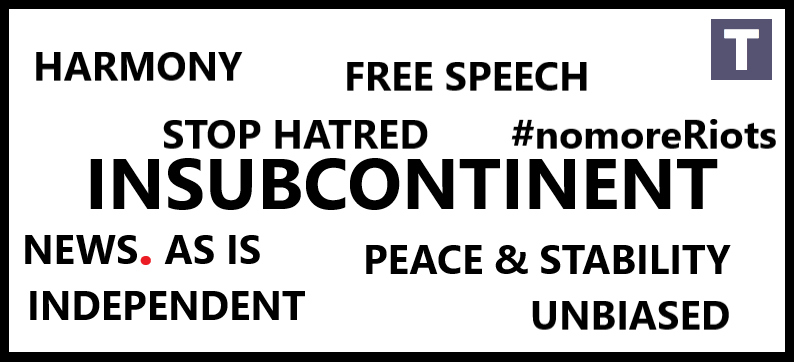
TEHRAN - In an analysis, Sobh-e-No addressed the exclusion of Europe from the negotiations and wrote: From the view of many experts and analysts of international issues, removing Europe from the Iran-U.S.
negotiations process not only means reducing diplomatic complexities but also brings strategic benefits for both sides of the negotiation, especially Iran.One of the most important benefits is freedom from time-consuming and fruitless European processes.
Analysts believe that Europe was not only not neutral at many points but also practically acted in coordination with the United States in its positions.
In recent years, instead of playing the role of a facilitator, Europe has acted more as a pressure tool; from issuing political statements to imposing symbolic sanctions.
Without Europe's involvement, Iran will have more space to pursue its diplomatic initiatives.
Some analysts consider the exclusion of Europe a strategic move to break the fake power structure in the West.
For years, Europe tried to control the situation and maintain its diplomatic image by pretending to be multilateral, but in reality, it played no effective role.
Removing them would also open the field for a franker dialogue.Siasat-e-Rooz: Negotiations are not everythingSiasat-e-Rooz said it is essential not to tie the country's economy to negotiations and wrote: Linking the country's economic issues to negotiations (during the Rouhani administration) was a big mistake because whenever there was a disruption in the negotiation process or a disagreement arose, the first sector affected was national economy, which influenced the livelihood of the people.
The other side of the negotiations also realized this issue, which made it a tool to put more pressure on Iran.
The negotiations are for the lifting of the illegal inhuman sanctions that the United States has imposed on Iran, and it is unthinkable that this country will play a fundamental role in the progress and development of Iran, even with a possible dismantling of peaceful nuclear technology in Iran or dismantling of military weapons, especially missiles.
If the negotiations do not go well on Saturday (April 19) or if there is no positive sign, it will affect the livelihoods of the people.
To prevent this, an economic plan must be ironed out to control the situation.Shargh: The opportunity should be used in the best wayIn its editorial, Shargh described these days as historic in the countrys foreign policy.
It said: On the first day of this week (April 12), high-ranking diplomats of Iran and the United States held (indirect) talks.
The high significance of this contact is that it took place with the representative of a radical Republican government in the United States.
Given the developments and experiences of the last few decades, as well as the positive contact between representatives of Iran and the United States on Saturday (April 12), Iran, instead of just focusing on the nuclear program and sanctions related to the nuclear program, it should propose that the two countries should have the opportunity to raise all their concerns during the talks for the complete lifting of all U.S.
sanctions, both primary and secondary under all claims.
Other issues could at most include the missile program (of Iran), which, considering the military programs of other regional countries, Iran has the ability to defend its rightful missile program.
Regional issues are also another issue, an important part of which has been forgotten in the last two years.Kayhan: National dignity and interests must be preservedAlthough negotiations with the United States are raised by some groups with the slogan of lifting sanctions and improving livelihoods, the experience of the past years has shown that these talks have always been a tool for imposing America's hegemonic will and gaining concessions from Iran.
The failure of Washington's maximum pressure policy, the retreat from military threats, and ultimately the return to the negotiating table have once again proven that the strategy of active resistance and relying on domestic capacities can help the country more than "trusting in political smiles." Negotiations with the United States, although carried out with the slogan of lifting sanctions and securing the interests of the nation, have always been a tool for pressure, influence, and imposing the will of the arrogant hegemonic system of the United States and the West on Iran.
The historical experience of the Iranian nation has proven that trust in the United States has not only brought no benefit for the country but has instead paved the way for increased pressure and further audacity from the enemy.
Islamic Iran, relying on its internal capacities, regional power, and popular support, has proven that it does not need Washington's deceptive smiles, and any negotiation only makes sense when national dignity and interests are preserved..
This article first appeared/also appeared in Tehran Times

 7
7








Comments (0)